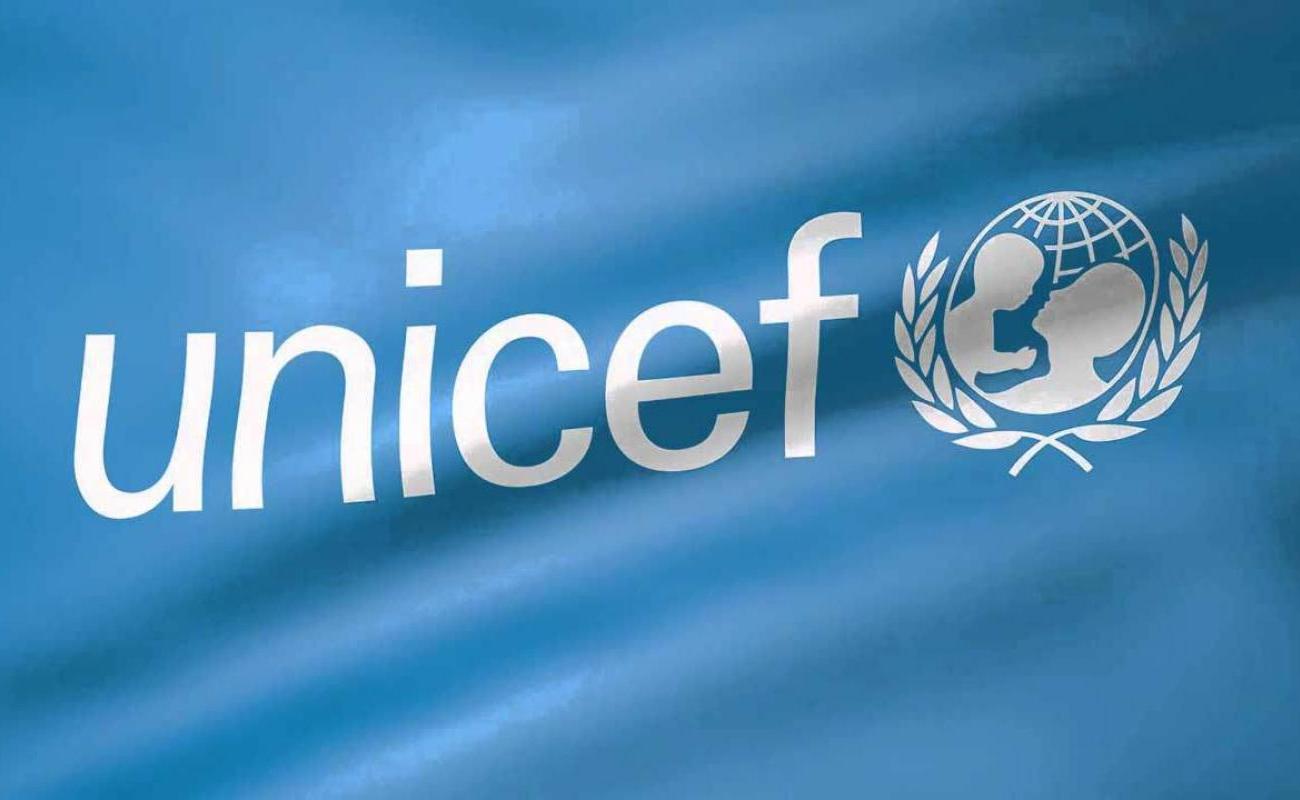UNICEF established Business Council on Child Rights
The aim of the Business Council on Child Rights is not to fundraise for UNICEF, but to leverage resources directly for children, by facilitating coordination and joint actions of companies and UNICEF that will contribute to resolving priority child rights

PODGORICA, 8 June 2021 – The private sector has a critical role in building a society where every child exercises all of his or her rights. For this reason, UNICEF Montenegro has established the Business Council on Child Rights, which will work with companies to unite their efforts and resources for socially responsible initiatives that will lead to concrete, sustainable and positive changes in children’s lives.
The aim of the Business Council on Child Rights is not to fundraise for UNICEF, but to leverage resources directly for children, by facilitating coordination of and joint actions between companies and UNICEF that will contribute to resolving priority child rights issues in the country. More effective participation by the private sector has become essential during the COVID-19 crisis. This crisis has increased child poverty, the risk of violence and mental health issues, and it has resulted in a learning crisis.
The first meeting of the Business Council on Child Rights Chamber was held at the Chamber of Commerce, and it was opened with compositions by J. S. Bach and R.S. de la Maza played by students of the Vasa Pavić Art School of Music and Ballet in Podgorica, Nadja Grdinić and Milutin Radulović.

I am happy to see that the number of UNICEF volunteers is increasing, with companies joining us now. I already have a proposal for a joint volunteer action – I invite companies to unite in supporting better-quality education and schools to stay open during the pandemic.
Her colleague, UNICEF Montenegro young reporter Arsenije Aleksa Mraković, highlighted the problem of peer violence and called on the private sector to support free sports and cultural activities in every local community in order to support young people’s mental health.
UNICEF Montenegro Representative Juan Santander supports these ideas, as well as other ideas that were proposed by young people and that came out of the situation analysis of child rights in the country and that were discussed at the first meeting of the Business Council on Child Rights.
For more than 50 years, UNICEF has recognized the critical role of the private sector in achieving sustainable changes for children worldwide. In line with UNICEF’s new global approach – Business for Results, we want to facilitate the uniting of resources from Montenegro’s private sector to resolve some of the key challenges that children and adolescents are facing in Montenegro.

He explained that, thanks to the Business Council on Child Rights, instead of having different companies acting alone and making small contributions, they will now be able to identify joint actions that they will all support simultaneously and thereby make a bigger change for children.
Mitar Bajčeta from the Montenegrin Chamber of Commerce was pleased to host the first meeting of the Business Council on Child Rights in the premises of the Montenegrin Chamber of Commerce.

The Montenegrin Chamber of Commerce has been actively working with UNICEF so far in the implementation of numerous conferences, projects and activities. With today's activity we are supporting the idea of founding the Business Council for Child Rights, because we think this is an important and useful initiative for improving the development and lives of our children.
Ana Rašović from the Deputy Prime Minister’s Office welcomed the initiative of UNICEF and the private sector, headed by the Montenegrin Chamber of Commerce, to join forces to improve the situation of children in Montenegro.
I believe that the child rights issues in Montenegro that we are discussing today require the cooperation of all sectors of society and I am confident that, in this way, after a certain period of time, we will achieve concrete results that will make us all proud.

All the members of the Business Council have gone through UNICEF’s due diligence clearance and new members can be admitted on the condition that they meet the UNICEF global due diligence criteria, which prevent UNICEF from engaging with the producers of armaments, alcohol, tobacco, adult content, the gambling industry, manufacturers of breastmilk substitutes, companies violating UN sanctions, etc. Currently, seven business associations (the Chamber of Commerce, the Montenegrin Foreign Investor Council, the Association of Managers, the Association of Banks, AmCham, ICT Cortex and Rotary Clubs of Montenegro) and five companies (Crnogorska komercijalna banka, Crnogorski Telekom, Telenor, Mtel and Mercator-CG), from industries that are considered strategic for improving the wellbeing of children and families, have their representatives in the Business Council on Child Rights.
